Power shortage
One of the largest genome-wide association studies for autism spectrum disorders, reported last week in Human Molecular Genetics, allows only one definitive conclusion: it isn’t large enough.
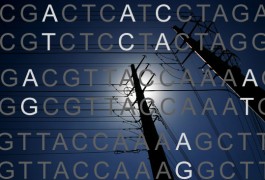
One of the largest genome-wide association studies for autism spectrum disorders, reported last week in Human Molecular Genetics, allows only one definitive conclusion: it isn’t large enough.
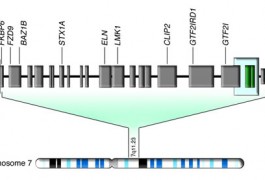
Individuals carrying an extra copy of the genetic region that’s missing in Williams syndrome — which causes mental retardation and a hyper-friendly personality — have language impairments and other autism-like social difficulties, according to a wave of new research on this duplication syndrome.
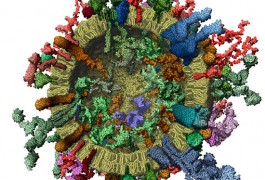
Several independent groups have found previously unknown risk genes for autism, schizophrenia and mental retardation. The candidate genes have one thing in common: they encode proteins that are needed for the healthy function of synapses, the junctions between neurons.
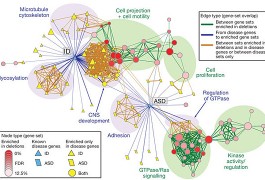
People with autism harbor more copy number variants (CNVs) — deletions or duplications of large chunks of DNA — compared with controls, but only in the protein-coding regions of the genome, researchers reported Wednesday in Nature. The study also pinpointed more than 100 new risk genes for autism.
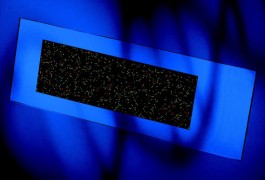
Chromosomal microarray analysis, which screens the entire genome for tiny blips in the sequence, should be the first genetic test performed when diagnosing autism, says a consortium of clinical geneticists. The recommendation comes on the heels of a study that found the test is three times more effective at spotting autism variants than are standard clinical methods.
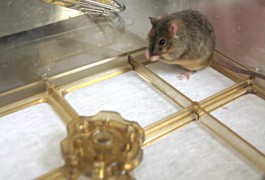
Researchers are tinkering with mouse models to investigate the function of a protein that helps wire neurons together and that has repeatedly been linked to autism. Three such reports of the protein, neuroligin-1, have appeared this year.
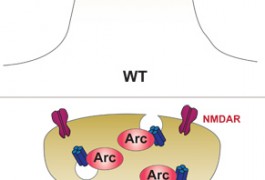
Two independent teams have discovered key molecular steps in the way a single gene disrupts the connections between neurons in individuals with Angelman syndrome. Because the gene, UBE3A, has also been linked to autism, the findings could help scientists understand and treat a range of neurodevelopmental disorders.
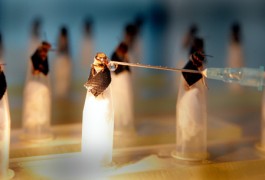
Several studies in the past year in people, mice and honeybees have tied autism to a protein that helps neurons communicate. Problems with the protein, neurexin 1, are associated with a wide range of autistic behaviors, such as impaired social interactions, anxiety and problems with learning and memory.
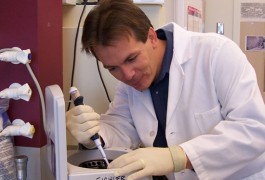
With an openness to collaboration and a healthy dose of daring, Evan Eichler has turned his offbeat interest in repeat DNA sequences into a new understanding of how genomes evolve, expediting the search for genes disrupted in autism.